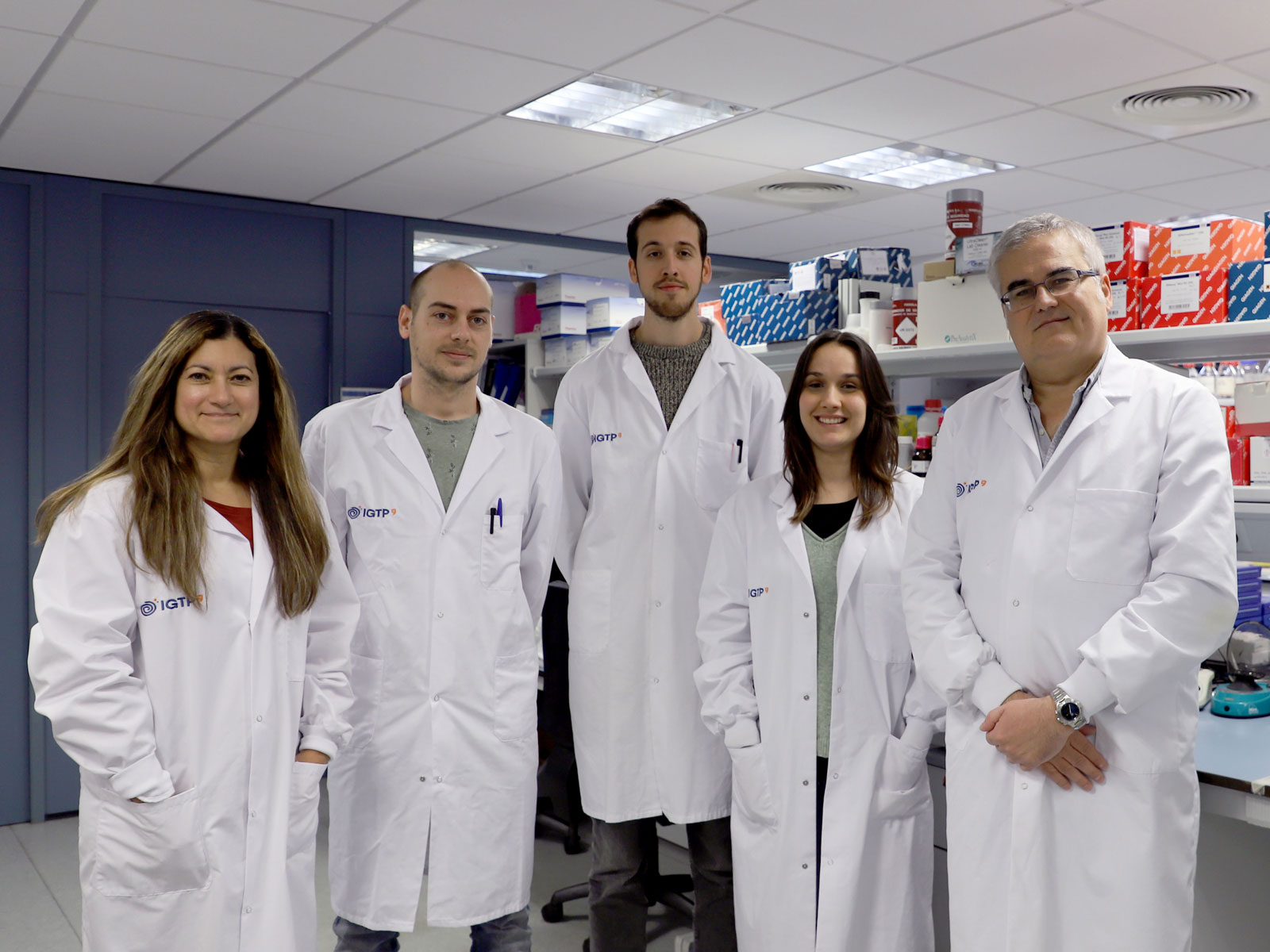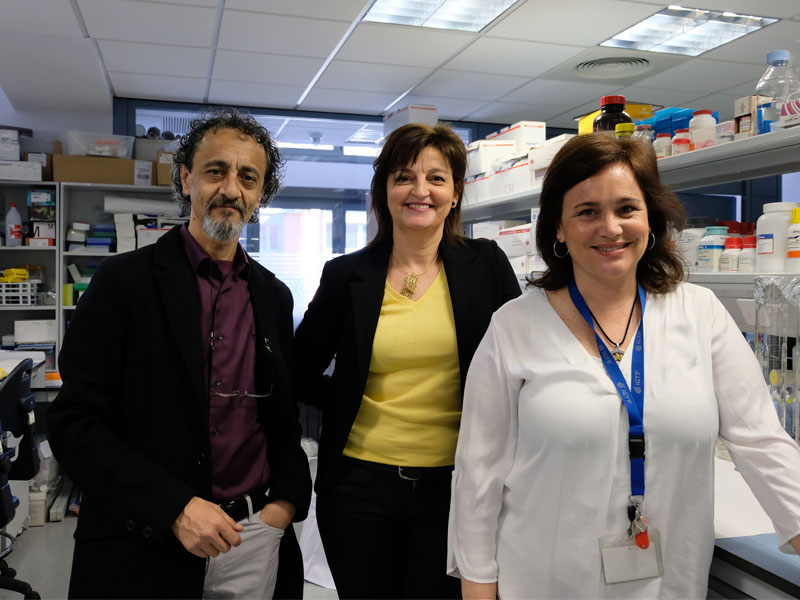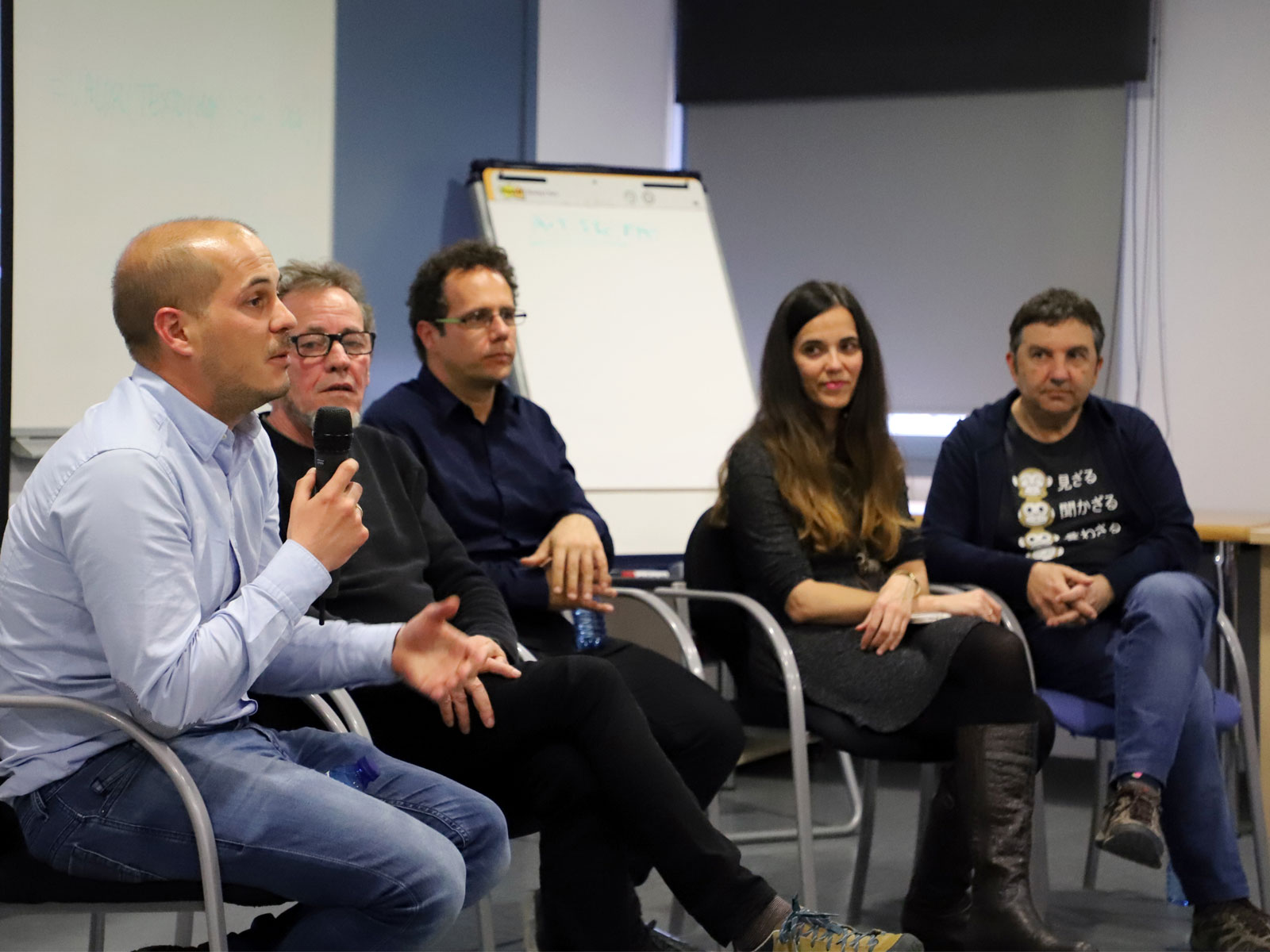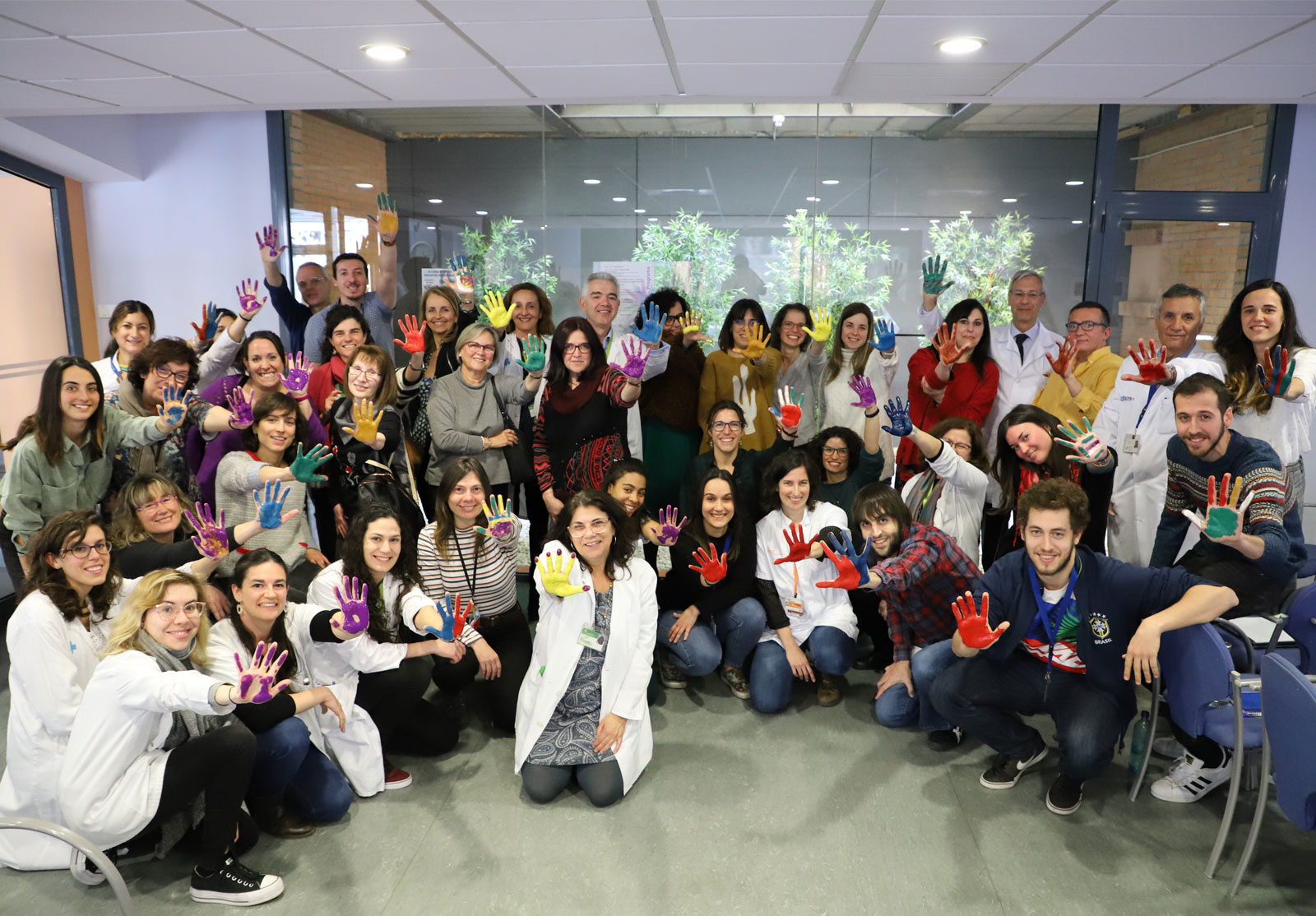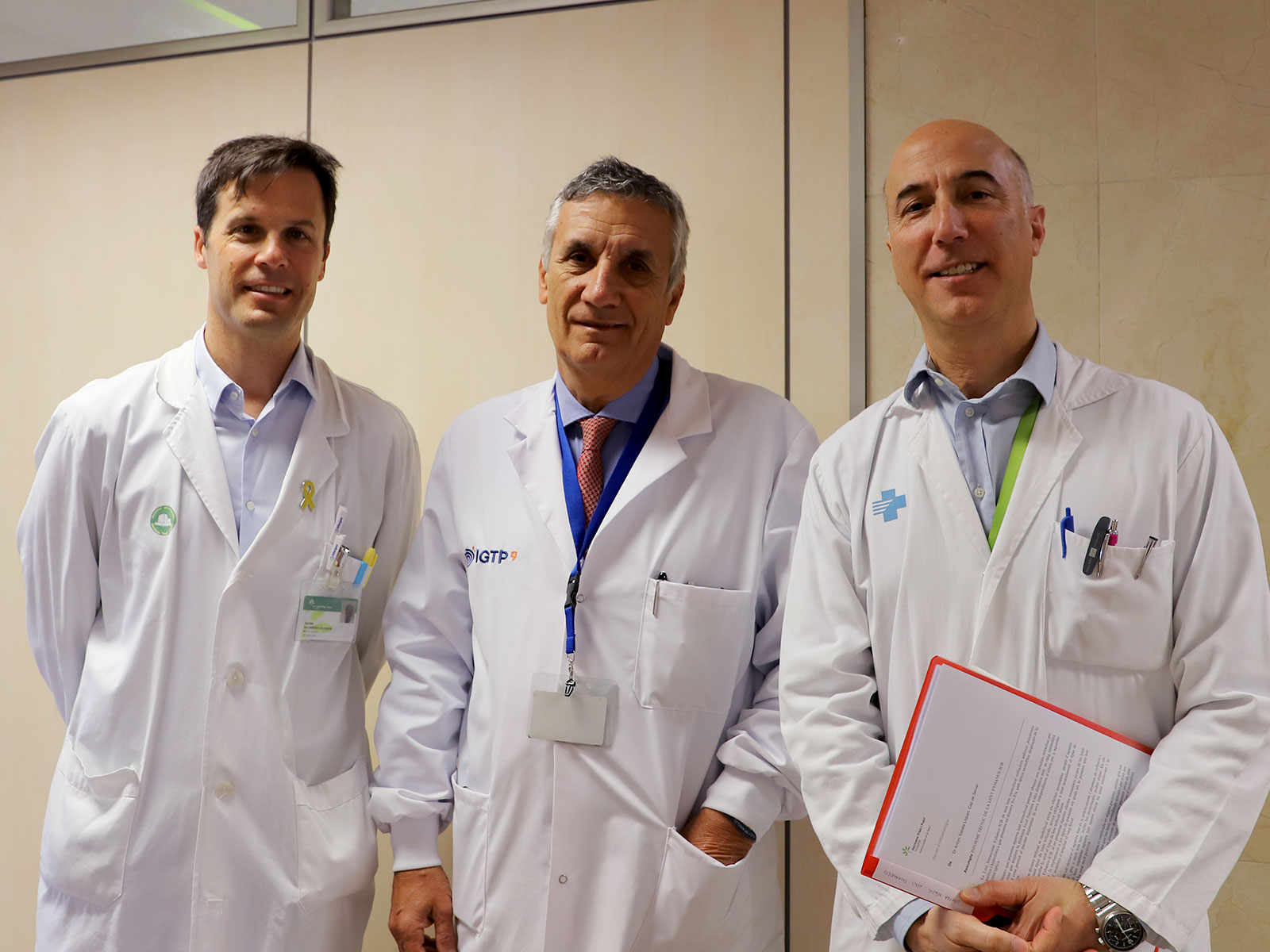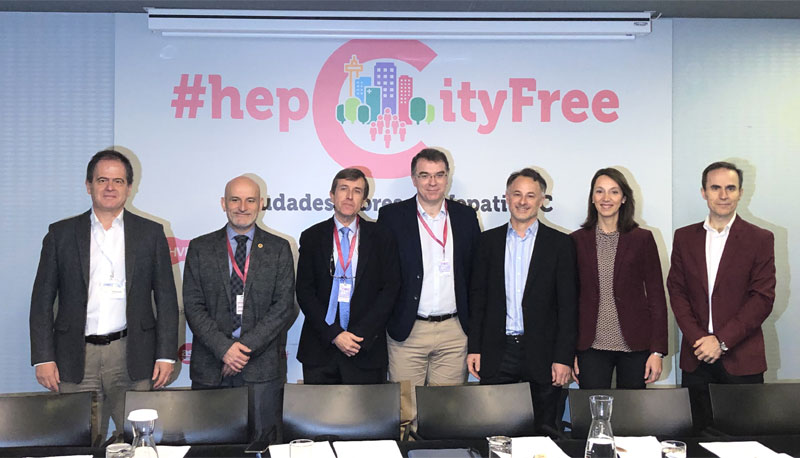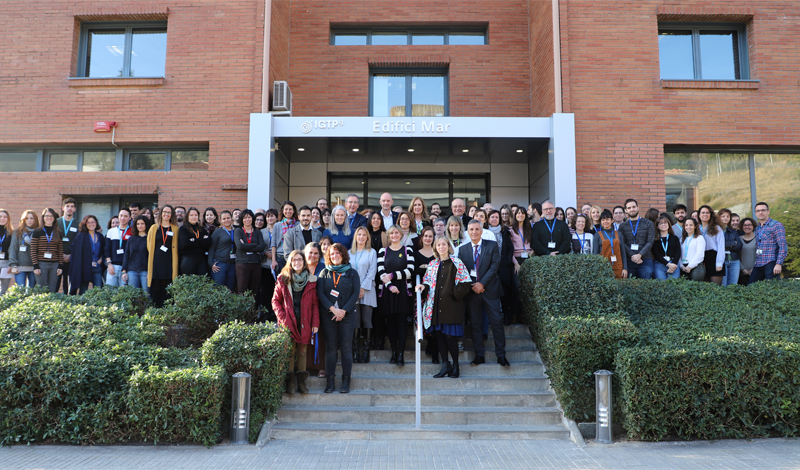A gene therapy project at the IGTP is one of the four biomedical initiatives chosen by the CaixaImpulse Consolidate Programme
The gene therapy project at the IGTP to treat Friedreich's ataxia, a rare disease, led by the research group for Neurogenetics at the IGTP, is one of the four selected in the first call for CaixaImpulse 2019. It is the first edition of the programme run by 'la Caixa' to promote innovation projects in their later stages.
